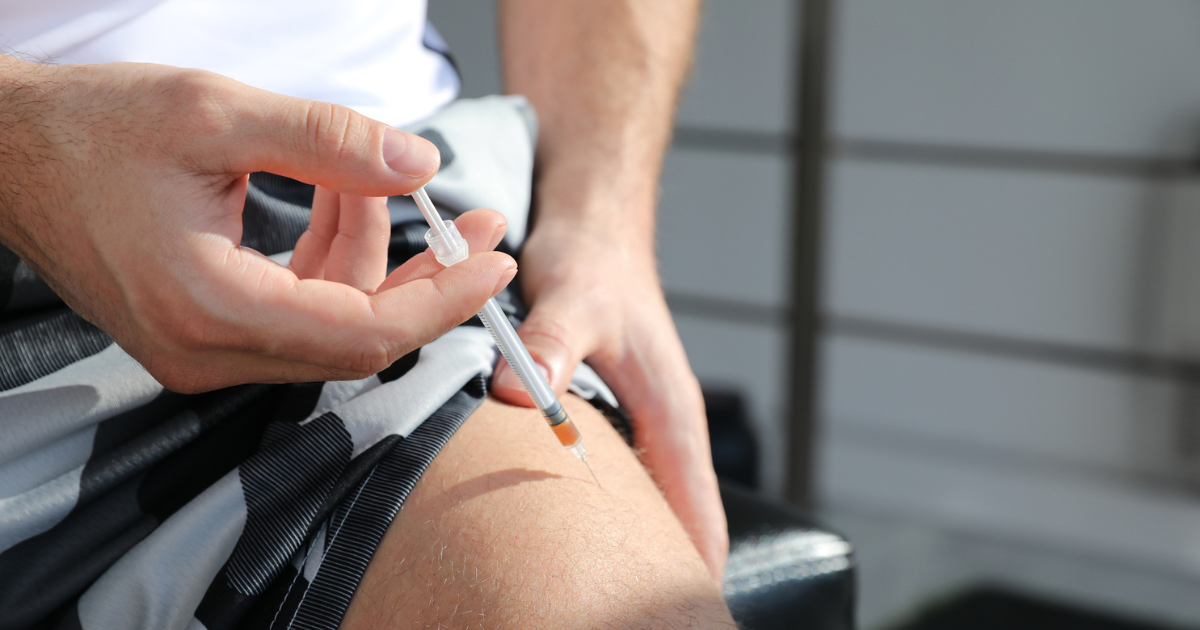Is Testosterone Therapy Right for You?

Low testosterone levels – it’s a topic that’s been receiving a lot of attention lately. And for a small group of men, it is a real problem, and treatable, in many cases. So if you are wondering if testosterone therapy may be just what you need to give yourself a boost, read on.

Testosterone is the main male hormone that maintains muscle mass and strength, fat distribution, bone mass, sperm productions, sex drive and potency. Very low testosterone levels can place you at higher risk for osteoporosis, obesity, diabetes and heart disease.
Most men will experience a drop in testosterone production each year as they reach age 40 and beyond. About 15 percent of men will experience a drop in levels that is clinically significant, particularly those who are obese and/or have other chronic illnesses.
This decline in hormones can result in a variety of symptoms including low motivation, decreased stamina and energy, depression, hot flashes, loss of muscle mass and mood swings.
Testosterone replacement therapy can be very effective at reducing these risks and improving symptoms. However, testosterone therapy is not without side effects, and therefore, you should be carefully screened by a doctor first to determine if you are candidates for therapy. Low testosterone should be checked out. In some cases, a drop in testosterone may be related to cancer, brain-related diseases, diabetes, obesity and other hormonal abnormalities.
If not diagnosed and treated properly, testosterone injections may cause blood clots, stroke, heart attack and liver toxicity. While there has been some debate over the safety of testosterone replacement therapy, most physicians agree that it is safe when provided for the appropriate reasons and monitored carefully.
Additionally, if you have treated or untreated prostate cancer, you should not use testosterone therapy unless you have spoken with your urologist about the risks and benefits.
You should also beware of over-the-counter testosterone boosters, which are not regulated and could cause harmful side effects.
In some cases, lifestyle changes also may be able to rectify low testosterone levels. This includes taking vitamins, exercising, eating a healthy diet, losing weight and good diabetes management.
Testosterone therapy can be provided in several different forms: injections, gels applied to the skin, a path or implants. Your doctor can help you work with lifestyle changes and determine if and when a supplement is the right treatment for you. When prescribed appropriately, testosterone replacement therapy can be very effective.
To schedule an appointment with one of our doctors, call 800.922.0000.




